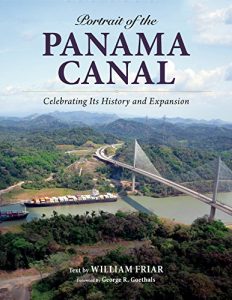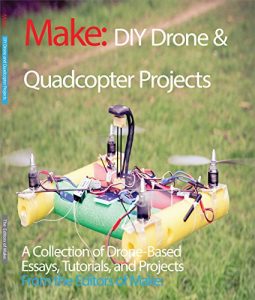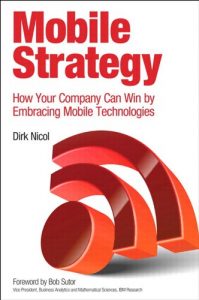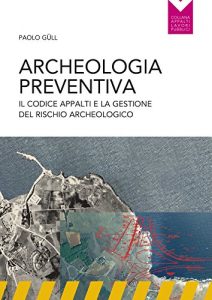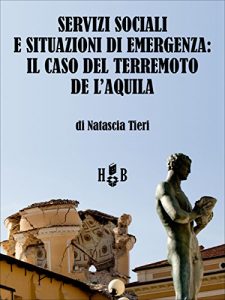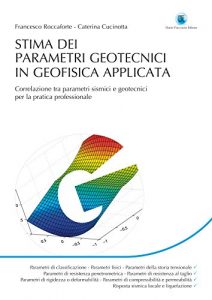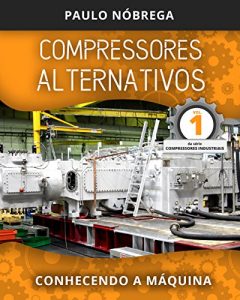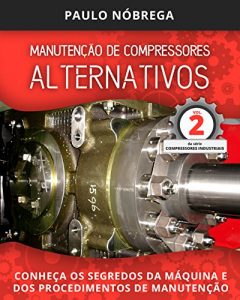I 99eBooks è una directory di eBook. Cerchiamo e classificato intorno alle eBooks Web per te!
Tutti i diritti riservati. I libri e libri elettronici sono di proprietà dei rispettivi proprietari.
Portrait of the Panama Canal: Celebrating Its History and Expansion
This classic from William Friar about the Panama Canal has been completely updated and revised in time for the opening of the expanded locks. This engaging collection of contemporary and archival photographs is illuminated by Friar’s lively and informative text.
Though the dream began as early as 1513 when Vasco Nuñez de Balboa first crossed the isthmus and saw the Pacific Ocean, it was not until 1914 that the Panama Canal became a reality.
The French had started excavation for the Canal in 1869, but the work was beset by earthquakes and landslides; disease—malaria, yellow fever, cholera, beriberi, smallpox, and typhoid fever; and wild animals—from pumas and jaguars to a whole menagerie of poisonous snakes. By 1889, the money ran out and the whole enterprise collapsed in a cloud of scandal and bankruptcy that drove the French government from power.
Some fifteen years later, on November 12, 1904, after much debate and political maneuvering, the first Americans arrived, and the work began again. The Canal opened less than ten years later, on August 15, 1914.
For sixty-five years, the United States operated the Canal, but 1979 saw the start of a twenty-year transition. On December 31, 1999, control and day-to-day operations were turned fully over to the Republic of Panama.
In the past fifteen years, the following changes have taken place in the Canal: widening the Gaillard Cut so two PANAMAX ships can pass each other; deepening the navigational channel in Gatun Lake to increase the capacity of the water reservoir; adding a new vessel traffic-management system that uses satellite Global Positioning System technology; the construction of two new sets of single-lane, three-step locks—one set at the Atlantic entrance and one at the Pacific; and adding two new navigational channels to connect the new locks to existing channels.
In words and in photographs—both historical and contemporary—Portrait of the Panama Canal traces the story of the Canal from its beginnings as just a dream to its present reality as one of the wonders of the world.
